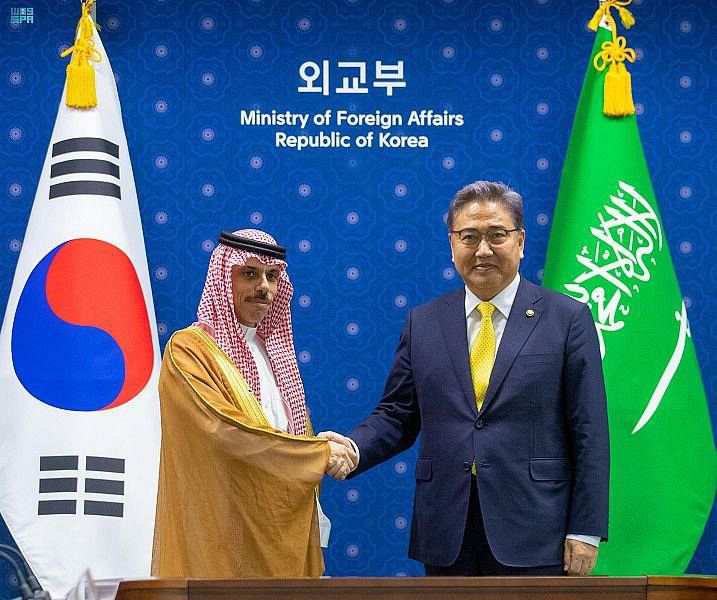
The merger of the Department for International Development with the Foreign and Commonwealth Office is a “quite extraordinary self-inflicted wound” that will do “huge damage” to Britain’s influence in the world, according to a former Dfid secretary of state.
Andrew Mitchell spoke out against Boris Johnson’s decision as opposition to the merger grows. “I’ve had messages from all over the world. People shaking their heads in disbelief at this utterly self-inflicted act of vandalism,” said Mitchell, who ran Dfid between 2010 and 2012.
“Senior figures will be poached – Geneva and New York’s gain will be Britain’s loss. We are destroying at a stroke a key aspect of global Britain.”
Several petitions against the merger, including one organised by the online campaign group 38 Degrees and Bono’s development charity, One, have so far attracted more than 100,000 signatures.
The creation of the new super-department, which will be called the Foreign, Commonwealth and Development Office, has been a key aim of Johnson’s chief adviser, Dominic Cummings. Johnson said the “long overdue reform” would ensure “maximum value” for taxpayers.
But many politicians fear it will weaken Britain’s influence. Keir Starmer, the Labour leader, has said he would re-establish Dfid if elected prime minister. Three former prime ministers – David Cameron, Gordon Brown and Tony Blair – have also attacked the move.
Johnson said that for too long Britain’s aid spending had “been treated as some giant cashpoint in the sky that arrives without any reference to UK interests”.
The Bishop of Leeds, Nick Baines, said: “The UK aid budget must be to meet need, not form part of a national interest agenda.”
Sir Desmond Swayne, a former Dfid minister, told parliament last week that Dfid has “an international reputation for transparency. Everything it spends is arrayed for view and scrutiny on its website.”
An Opinium poll for the Observer reveals that how the aid budget is spent has become a key issue for voters. More than half, or 53%, of the public believe aid should be focused on reducing poverty around the globe. Only 25% say it should primarily be used to protect the national interest.
Johnson has pledged that Dfid’s £15bn budget will be maintained, with the UK committed to continuing to spend 0.7% of national income on aid projects.
But Mitchell sounded caution. “You will now start to hear the argument: ‘Oh the 0.7 rules aren’t quite right for us in Britain. Just like with the European Court of Justice, we need to make our own rules for how our aid money is spent’.
“You will hear the case being put for abandoning the international consensus, pulling out of the OECD development assistance committee which makes these rules and which we signed up to after the war. Not even Donald Trump has done that.”












